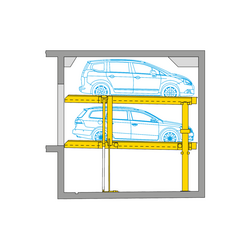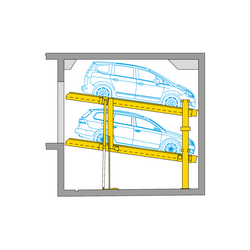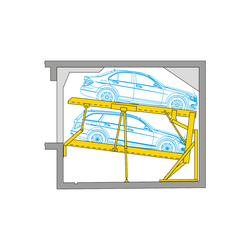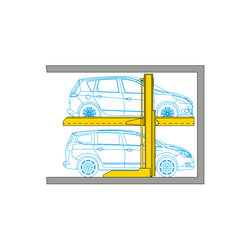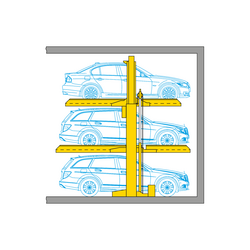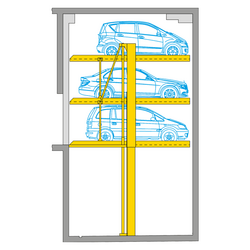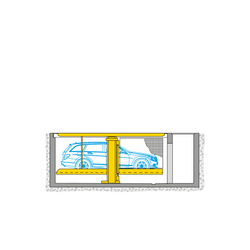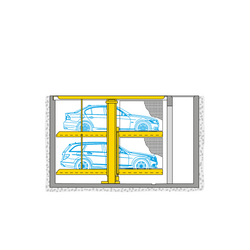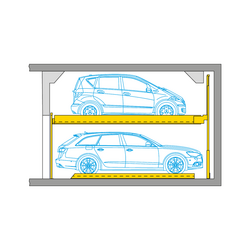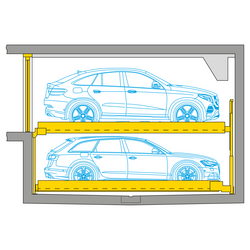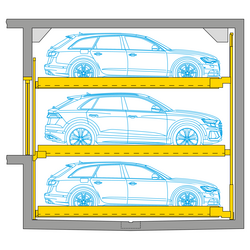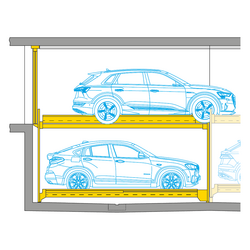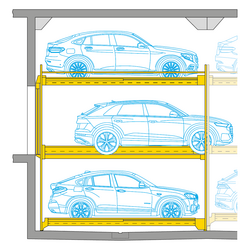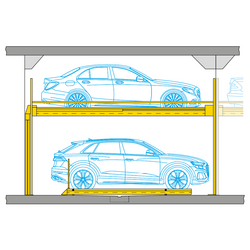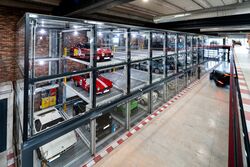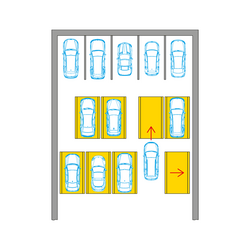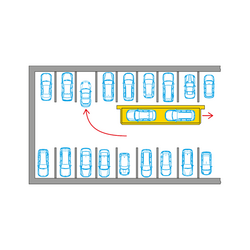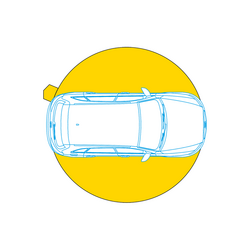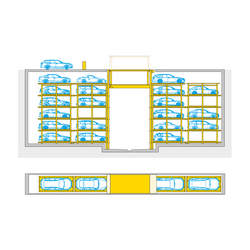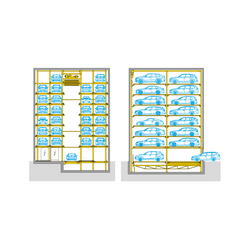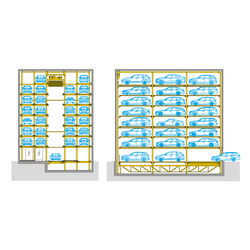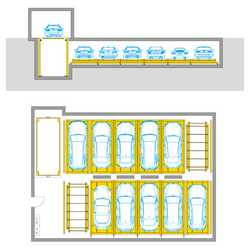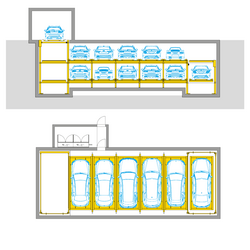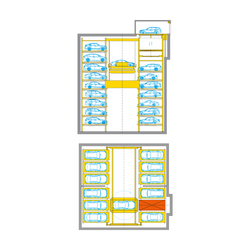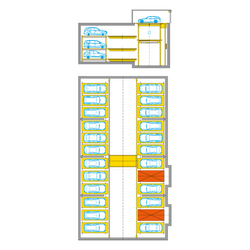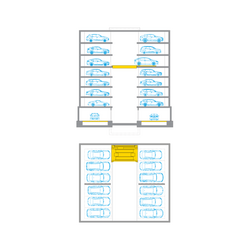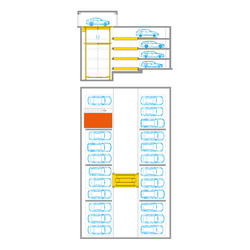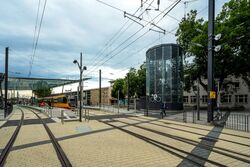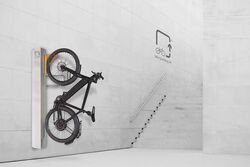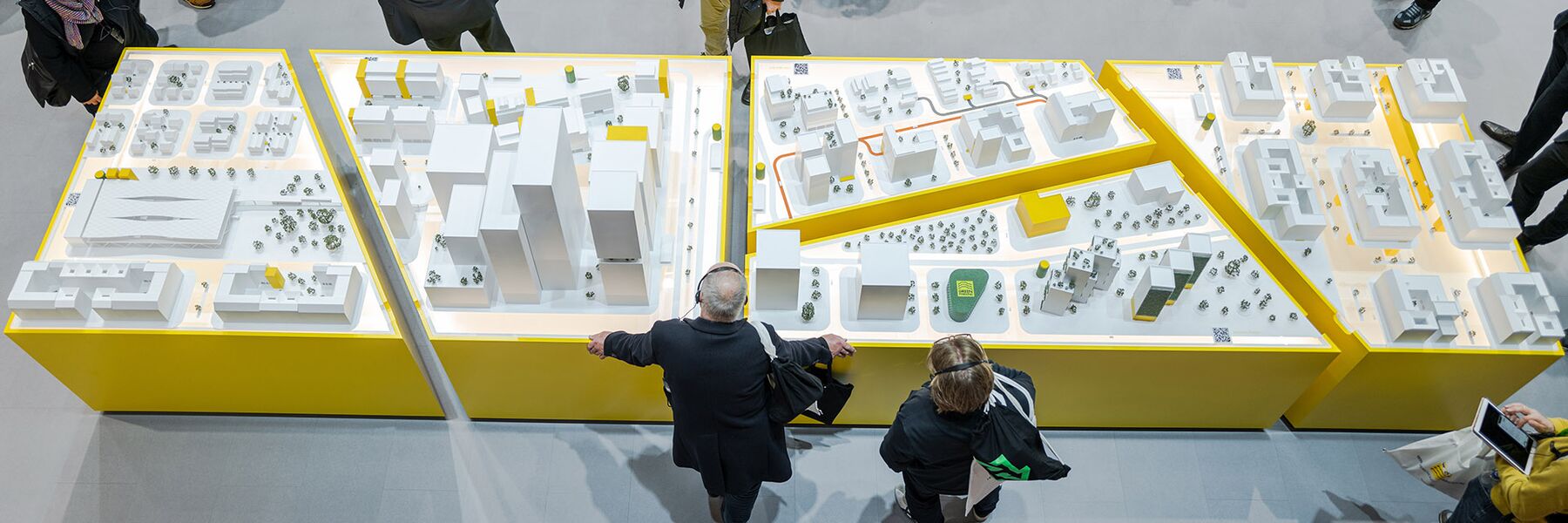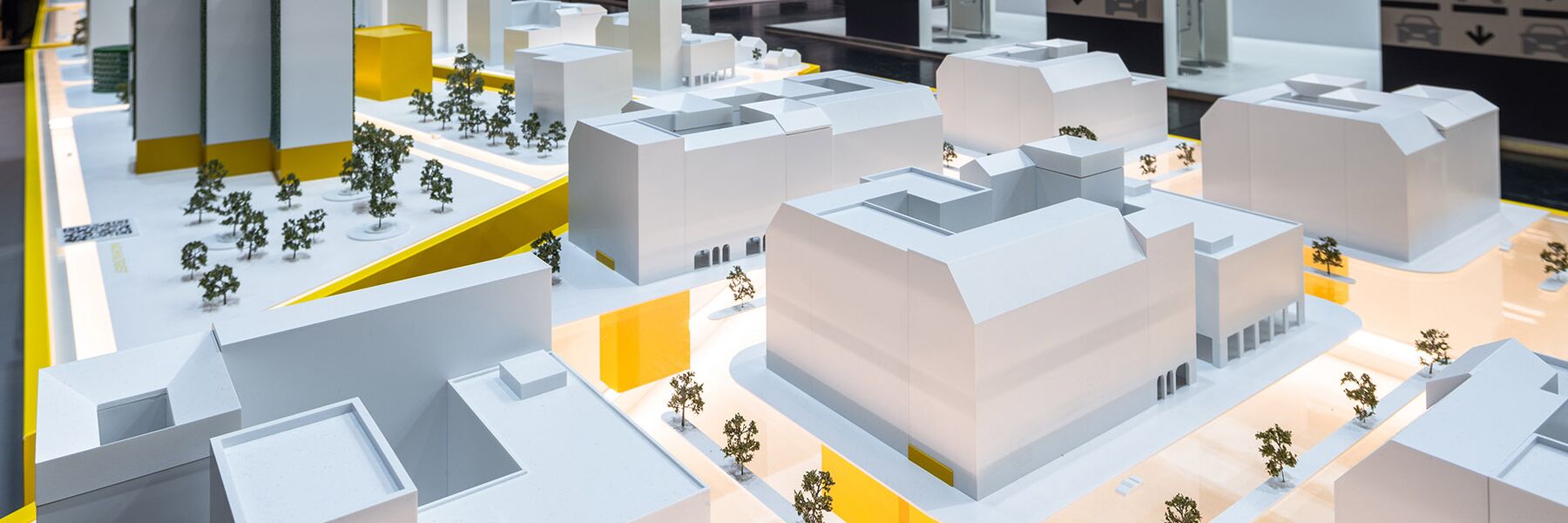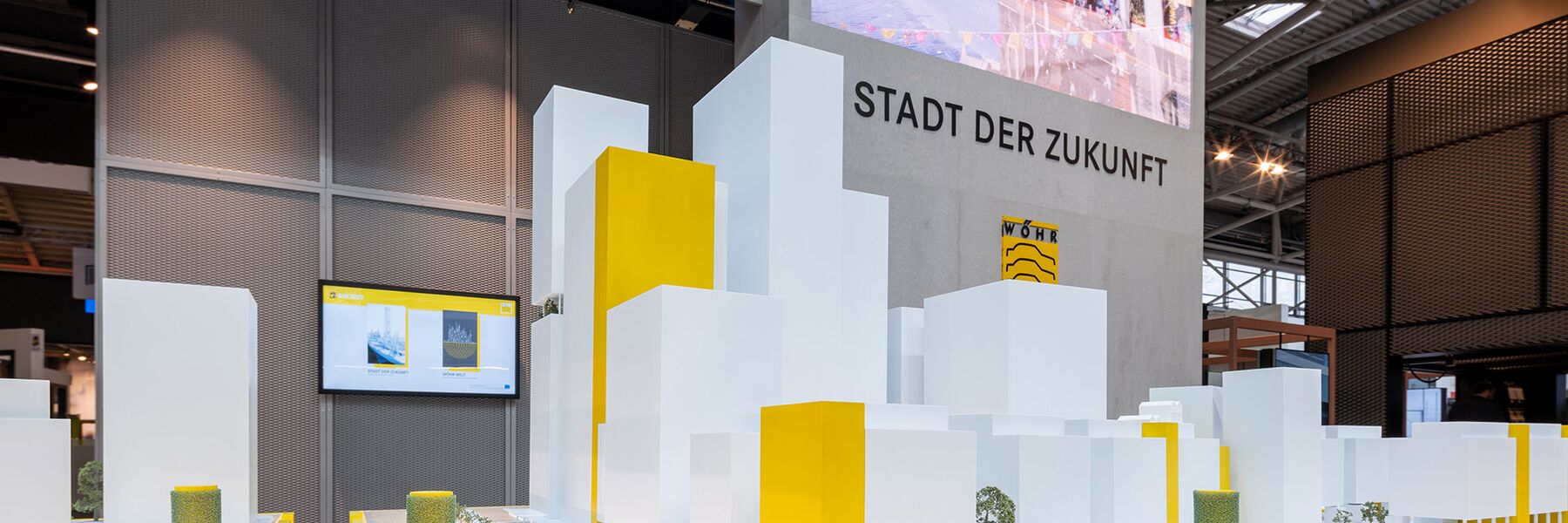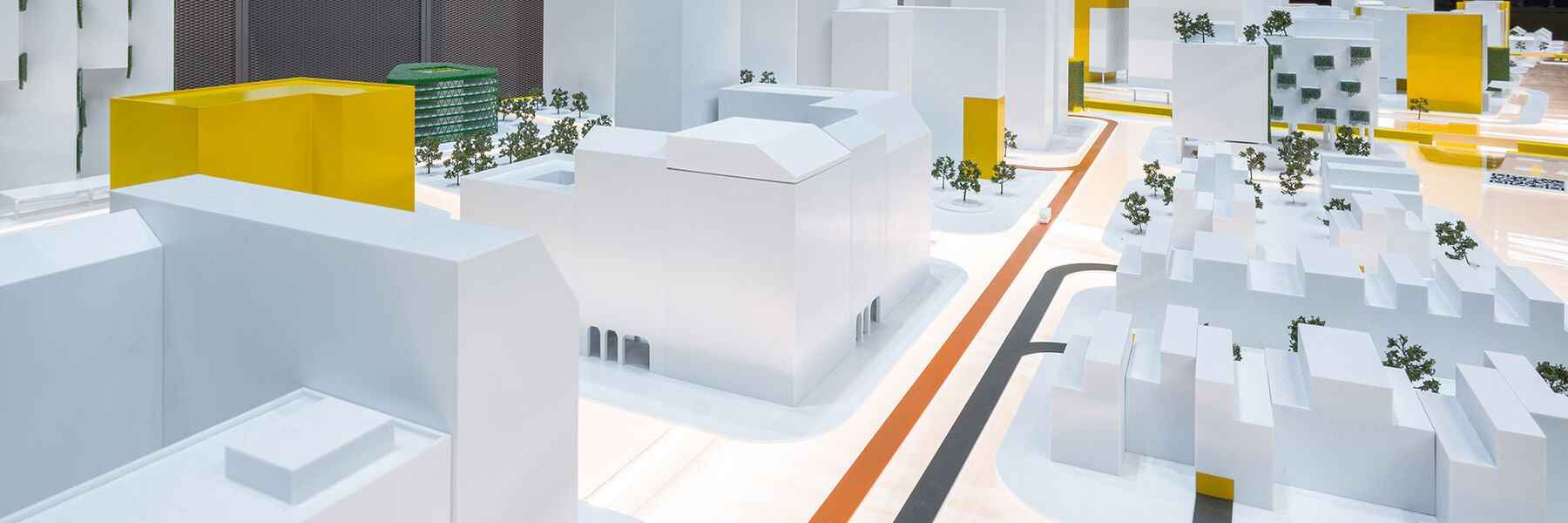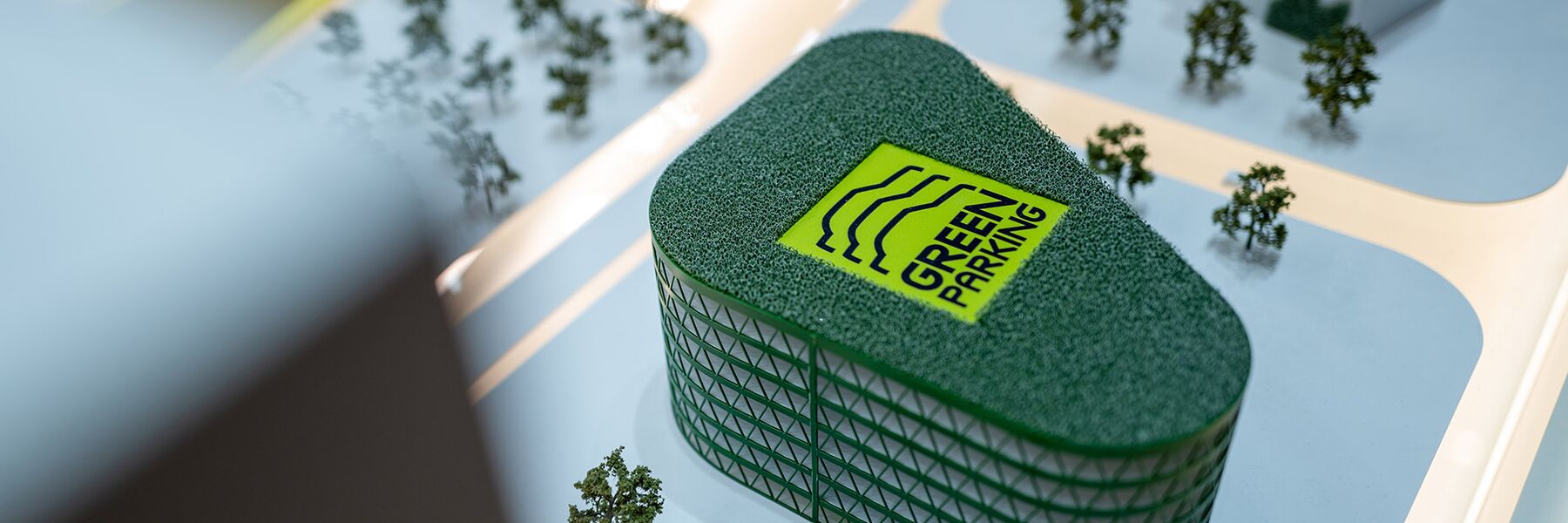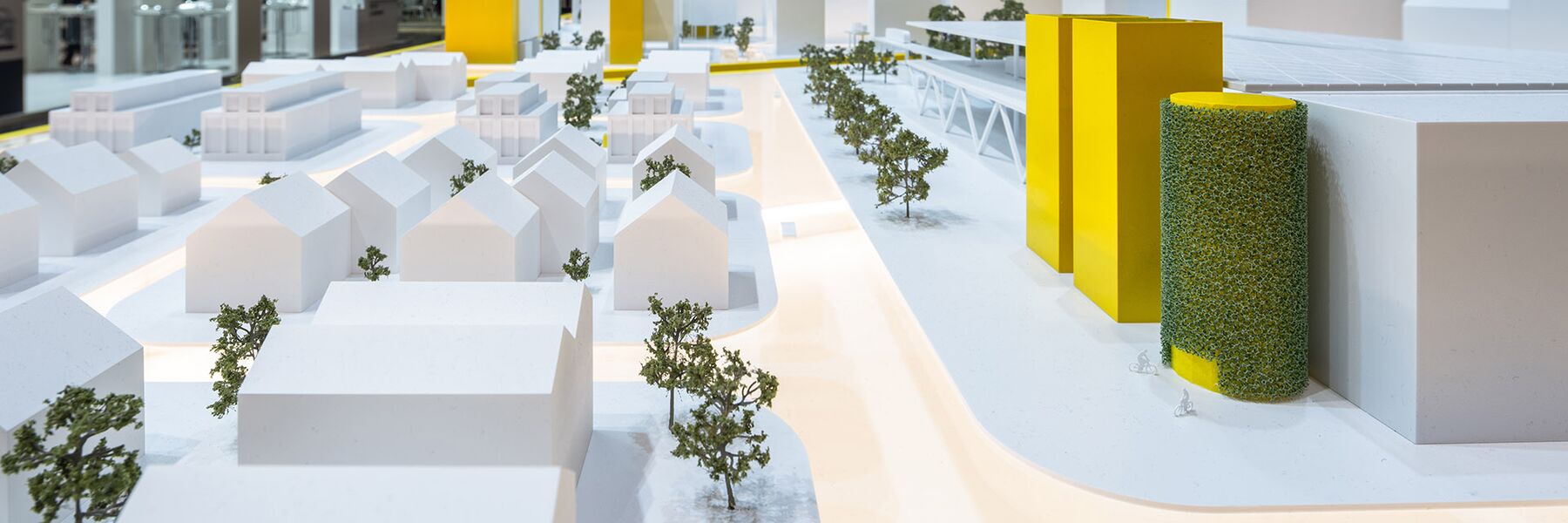| Provider | WÖHR Autoparksysteme GmbH |
| Purpose | Essential cookies enable basic functions and are necessary for the proper functioning of the website. |
| Privacy Statement | https://woehr.de/de/datenschutz.html |
| Names | PHPSESSID, csrf_contao_csrf_token, csrf_https-contao_csrf_token |
| Lifetime | When ending the browser session. |
Wöhr Future City
Our concepts for sustainable mobility and intelligent urban development in the city of the future
The cities of tomorrow face the challenge of adapting to expanding urban areas and increasing mobility needs. Innovative concepts for parking, mobility, and logistics are an essential part of creating cities that are livable and sustainable. Clever solutions such as space-saving parking systems, vertical parking, and neighborhood parking garages help to efficiently utilize valuable space and optimize traffic in city centers.
Modern logistics requirements in megacities also call for novel approaches to make the “last mile” sustainable and efficient. Solutions such as micro-depots and autonomous delivery vehicles offer ways to cut down on traffic and ensure fast deliveries.
The focus on sustainability plays a key role in this context: Energy-efficient infrastructure, the integration of renewable energies, and the promotion of alternative forms of mobility (for example, by providing parking facilities for bicycles, e-scooters, and cargo bikes) are key components of future-oriented urban development. These holistic approaches help create a sustainable and livable urban future.
Overview
DENSIFICATION
Efficient parking solutions in existing structures
Intelligent concepts for efficient space utilization are becoming increasingly important in modern urban areas. Innovative solutions for the redesign and redevelopment of existing spaces are particularly important in this context.
This is precisely where our compact parking systems offer a decisive advantage, enabling the smart densification of usable space and thereby creating additional living space in cities.
Due to their versatility, our systems are ideal for sustainable and future-oriented urban development projects.
VERTICAL PARKING + NEIGHBORHOOD PARKING GARAGES
Innovative solutions for new developments in the cities of the future
Numerous visionary approaches are already available for future-oriented urban development projects. Two particularly exciting concepts are the division of urban spaces into independent neighborhoods and the idea of the “vertical city.”
While neighborhoods promote a decentralized structure and allow for short travel distances within the city, the vertical city aims to combine living, working, and leisure vertically in a very small space. Both concepts offer valuable approaches for sustainable, livable future cities.
LAST MILE CITY
The last mile: logistical challenges in megacities
The last mile (final leg of the delivery process from distribution center to end recipient) is one of the biggest challenges of modern logistics and demands intelligent, forward-looking solutions.
How can deliveries within a megacity be designed to be efficient and sustainable? Solutions such as micro-depots, autonomous delivery vehicles, and the use of drones could play a decisive role in reducing traffic volumes while ensuring fast delivery.
SUSTAINABILITY
Sustainability in the smart city of the future
Sustainability is at the heart of tomorrow’s smart cities. This raises some crucial questions:
How can valuable resources be conserved and used efficiently?
What measures can help minimize the ecological footprint?
Approaches such as energy-efficient infrastructures, the integration of renewable energies, and smart mobility solutions play a key role in creating a livable city that is sustainable in the long term.
BICYCLE PARKING
Cycling infrastructure of the future: solutions for sustainable mobility
With the growing number of bicycles in inner-city traffic, there is an increasing need for a modern and comprehensive modern cycling infrastructure. More safe and efficient parking facilities are essential to promote the transition to sustainable mobility.
We already offer innovative solutions for secure, space-saving bicycle parking. We are also working on future-oriented concepts for parking e-scooters and cargo bikes to meet the requirements of modern urban mobility.
